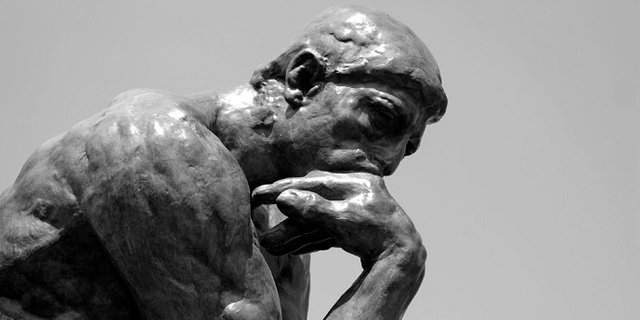Some thoughts about the psychology of Carl jung
Man - an archetypal being. 1.Access to the unconscious. The existence of the unconscious mind gives reason to say that there are two personalities within an individual. Unconscious is not just a store of the past, but future psychic situations and ideas are born. The individual - this is the only reality. If we want to see phenomena in the right perspective, we need to understand the past of man as well as his present. That is why the understanding of myths and symbols is essential. Jung thinks consciousness has a history. He sees "archaic remains" in the so-called " "Arche types" or "primitive images".
In his analysis, Jung seeks to distinguish the mercurial archetype and instinct. According to him, what we call instincts are physiological motivations and are carried out by the sensory organs. But at the same time, instincts are manifested in fantasies and often reveal their presence only through symbolic images. These events are called archetypes. People are not born with an empty psyche. Man is built up of complexes of inexorable opposites - day and night, birth and death, happiness and suffering, good and evil. In the child himself, the original reason is present as the evolutionary stages of man are present in the body of his embryo. Jung comes to the conclusion that the unconscious contains all aspects of human nature - light and dark, beautiful and dishonest, good and evil, wisdom and stupidity. 2. For archetypes and collective unconscious.
The superficial layer of the unconscious is to a certain extent personal. This is called personally unconscious. Here, the complexes occupy a predominant place. Under this layer is the collective unconscious. It incl. the content and images of behavior in the opposite of the person's spirit, and in all individuals, are the same. The contents of the collective unconscious are archetypes. For Jung, these are Plato's ideas. Archetypes are mental images built up in the prehistoric development of man and passed on by inheritance from generation to generation. The archetype can be referred to as the perception of instinct for itself or as a self-reflection of instinct. Jung outlines a gallery of archetypal human characters. Anima - embodies the female nature in the Self.

To listen to the audio version of this article click on the play image.

Brought to you by @tts. If you find it useful please consider upvoting this reply.